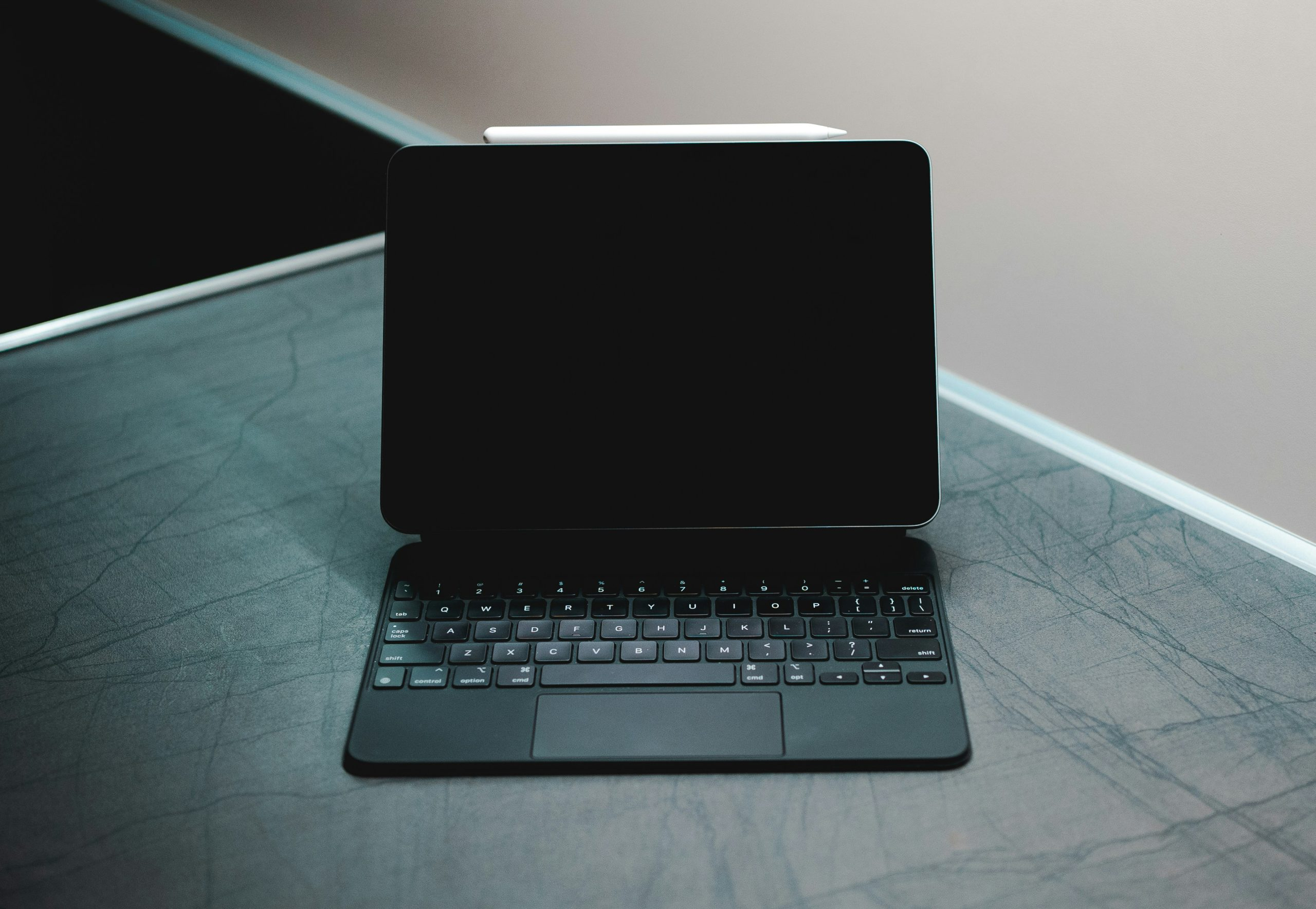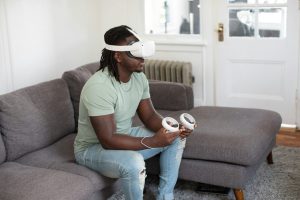The rise of personal devices in the post-PC world
The world we live in today is vastly different from the one we knew just a few decades ago. Gone are the days of bulky desktop computers and clunky laptops, as we enter the era of personal devices. The rise of smartphones, tablets, and wearable technology has ushered in a new post-PC world, where our personal devices have become an integral part of our daily lives. In this article, we will explore the impact of this shift and how it has transformed the way we live, work, and interact with technology.
The Age of Personal Devices
In the past, personal computing was synonymous with desktop computers. These stationary machines were the go-to for any task that required computing power, such as work, gaming, or even email. However, with the introduction of smartphones in 1992 and the subsequent development of tablets, the market for personal devices underwent a seismic shift. Today, these devices are more than just tools for communication and entertainment; they have become an extension of ourselves.
The Ubiquity of Smartphones
Smartphones have made a remarkable impact on our lives since their introduction. These pocket-sized devices have transformed our communication habits, with functionalities ranging from calls, texts, and emails to social media, online shopping, and mobile banking. With the rise of mobile apps, smartphones have also become a one-stop-shop for everything from productivity and organization tools to games and multimedia content.
What’s more, smartphones have become an essential tool for businesses. With the ability to access work emails, documents, and collaborative tools on-the-go, they have revolutionized the way we work. The concept of a traditional office has given way to remote and mobile work, and smartphones have played a crucial role in this shift.
The Emergence of Tablets
While smartphones redefined communication and productivity, tablets carved out a niche for themselves as the perfect blend of portability and functionality. With larger screens and more powerful processors, tablets are ideal for tasks that require more screen real estate. Today, tablets are widely used as e-readers, gaming devices, and even as replacements for traditional laptops.
Moreover, tablets have found a place in the education sector, with many schools and universities adopting them as a learning tool. The interactive nature of tablets, coupled with the ability to access educational materials and digital textbooks, has made them a valuable asset for students and teachers alike.
The Impact of Personal Devices
The rise of personal devices has changed the way we interact with technology, and it has had a profound impact on society, the economy, and even the environment.
Instant Access to Information
With personal devices, we have access to information at our fingertips. The days of waiting for a desktop computer or even a laptop to boot up are long gone. Today, we can simply pull out our smartphone or tablet and get the information we need in a matter of seconds. This quick and easy access to information has made us more efficient and productive, whether it’s for work, school, or personal use.
A Boost to the Economy
The rise of personal devices has also had a significant impact on the economy. With more people using smartphones and tablets, there has been a surge in the demand for mobile apps and digital content. This has created a whole new market for developers, content creators, and digital marketers. It has also led to the growth of the gig economy, with many individuals taking on freelance work that can be done from anywhere using their personal devices.
A Greener Alternative
The use of personal devices has also had a positive impact on the environment. With the shift away from traditional computing, there has been a decrease in the demand for electricity and the production of electronic waste. Smartphones and tablets also have a significantly lower carbon footprint than desktops and laptops, making them a more environmentally friendly option.
The Challenges of Personal Devices
While the rise of personal devices has undoubtedly brought about many benefits, it has also presented new challenges.
Staying Connected 24/7
The convenience of having our personal devices with us at all times comes at a price – we are constantly connected. This can lead to a blurring of boundaries between work and personal life, making it difficult to switch off and disconnect from the digital world. It is essential to establish boundaries and take breaks from our devices to avoid burnout and maintain a healthy work-life balance.
Security Concerns
As we become increasingly reliant on personal devices, there is also a growing concern about security. With sensitive information and financial transactions being carried out on our devices, the risk of hacking and identity theft is a real threat. It is crucial to take appropriate measures to secure our devices and use caution when sharing personal information online.
The Future of Personal Devices
With the rapid pace of technological advancements, it’s challenging to predict what the future holds for personal devices. However, one thing is for sure – they are here to stay. As we continue to become increasingly dependent on our devices, we can expect to see further integrations with other areas of our lives. Personal devices will continue to evolve, providing us with more convenience and opportunities, shaping the way we live, work, and interact with the world around us.
Conclusion
The rise of personal devices has been a game-changer, revolutionizing the way we live and interact with technology. These powerful devices have made our lives more convenient, improved our productivity, and opened up new opportunities. However, it is essential to use them responsibly and be aware of the challenges they pose. With that in mind, personal devices have undoubtedly enriched our lives, and it’s exciting to think about what the future holds for this ever-evolving technology.











